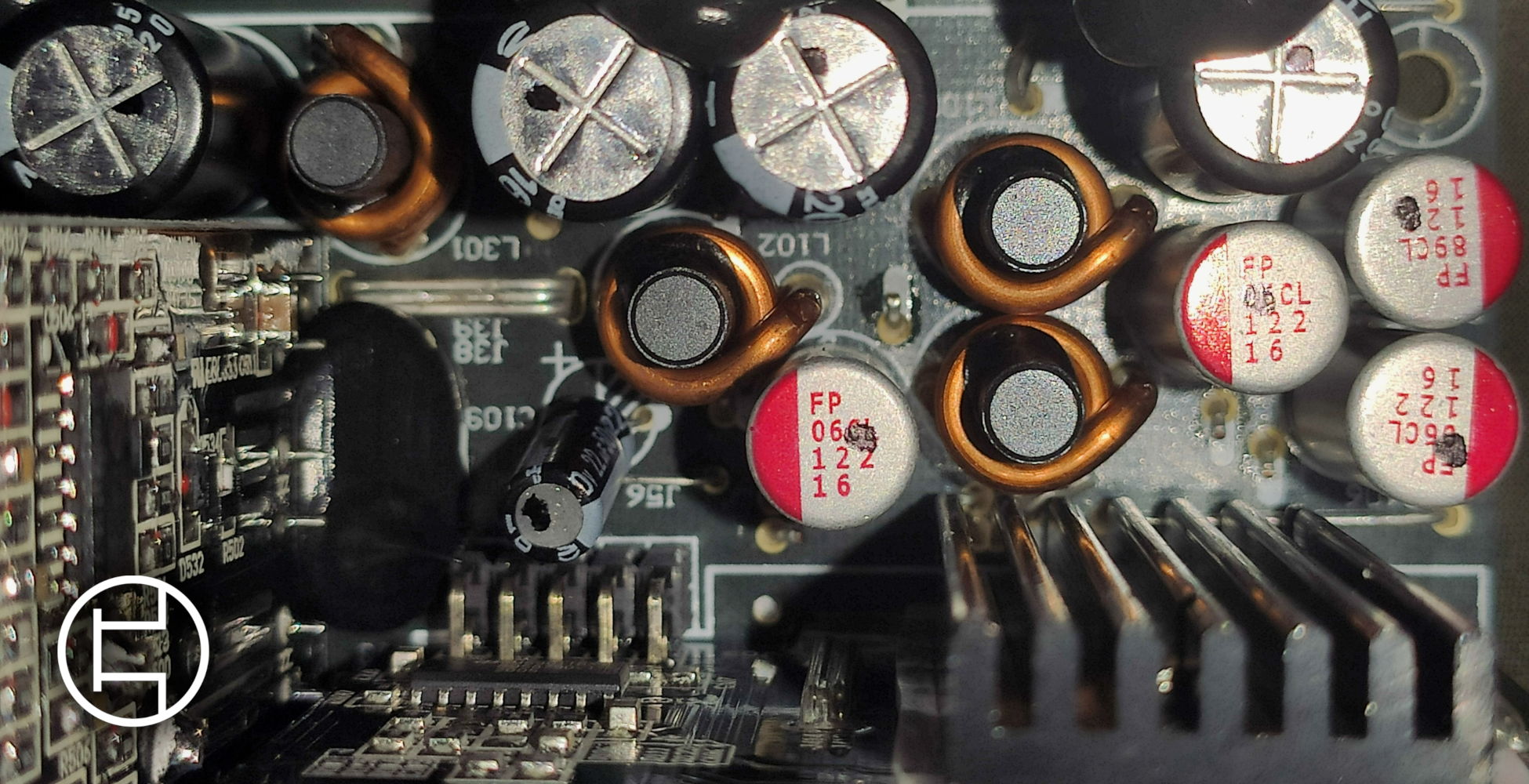Hi gents,
I'll soon be getting a second hand 3080 TI (two 8-pins), and need a PSU upgrade, as my 550W Seasonic S12III likely won't cut it, even with an undervolt/power limit. Rest of the system is 8700k, stock at the moment, two sticks of ram, m2, ssd and an hdd.
My options due to being in a small country in the EU are somewhat limited, so I'd appreciate your advice on choosing from the ones below, including local pricing in brackets. I once had a horrible experience with a PSU that killed my motherboard (LC Power), hence the post, as most of these are rebrands I presume.
I'll soon be getting a second hand 3080 TI (two 8-pins), and need a PSU upgrade, as my 550W Seasonic S12III likely won't cut it, even with an undervolt/power limit. Rest of the system is 8700k, stock at the moment, two sticks of ram, m2, ssd and an hdd.
My options due to being in a small country in the EU are somewhat limited, so I'd appreciate your advice on choosing from the ones below, including local pricing in brackets. I once had a horrible experience with a PSU that killed my motherboard (LC Power), hence the post, as most of these are rebrands I presume.
- ASUS TUF-GAMING-750 (106e)
- CoolerMaster MWE 750 Bronze V2 (118e)
- CoolerMaster MWE 850 Gold V2 (139e)
- NZXT C750 (136e)
- NZXT C850 (150e)
- Gigabyte Aorus P750W Gold (139e)
- Gigabyte GP-P850GM Gold (149e)
- Corsair RM750x Gold (143e)
- Corsair RM850e Gold (159e)






